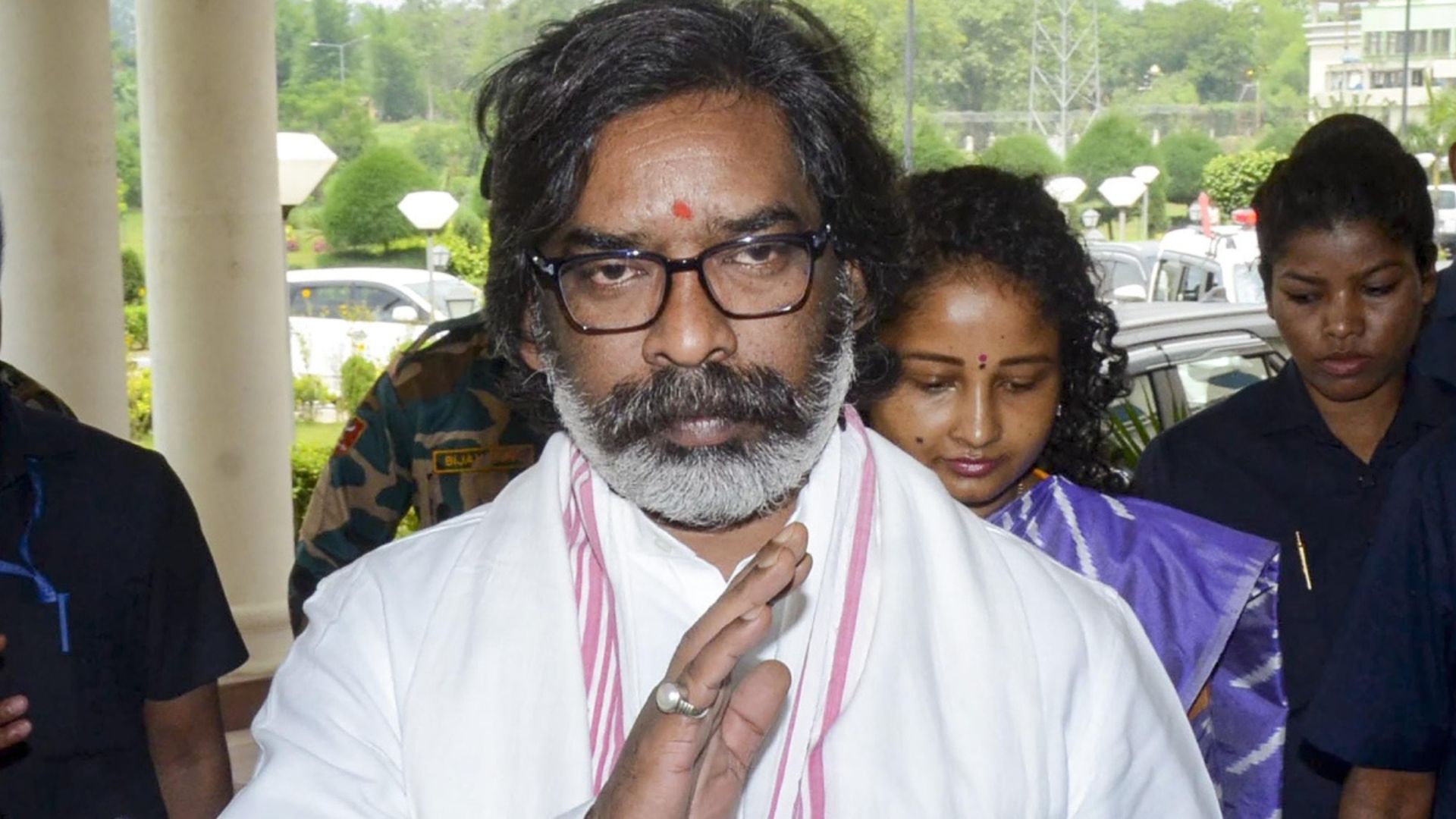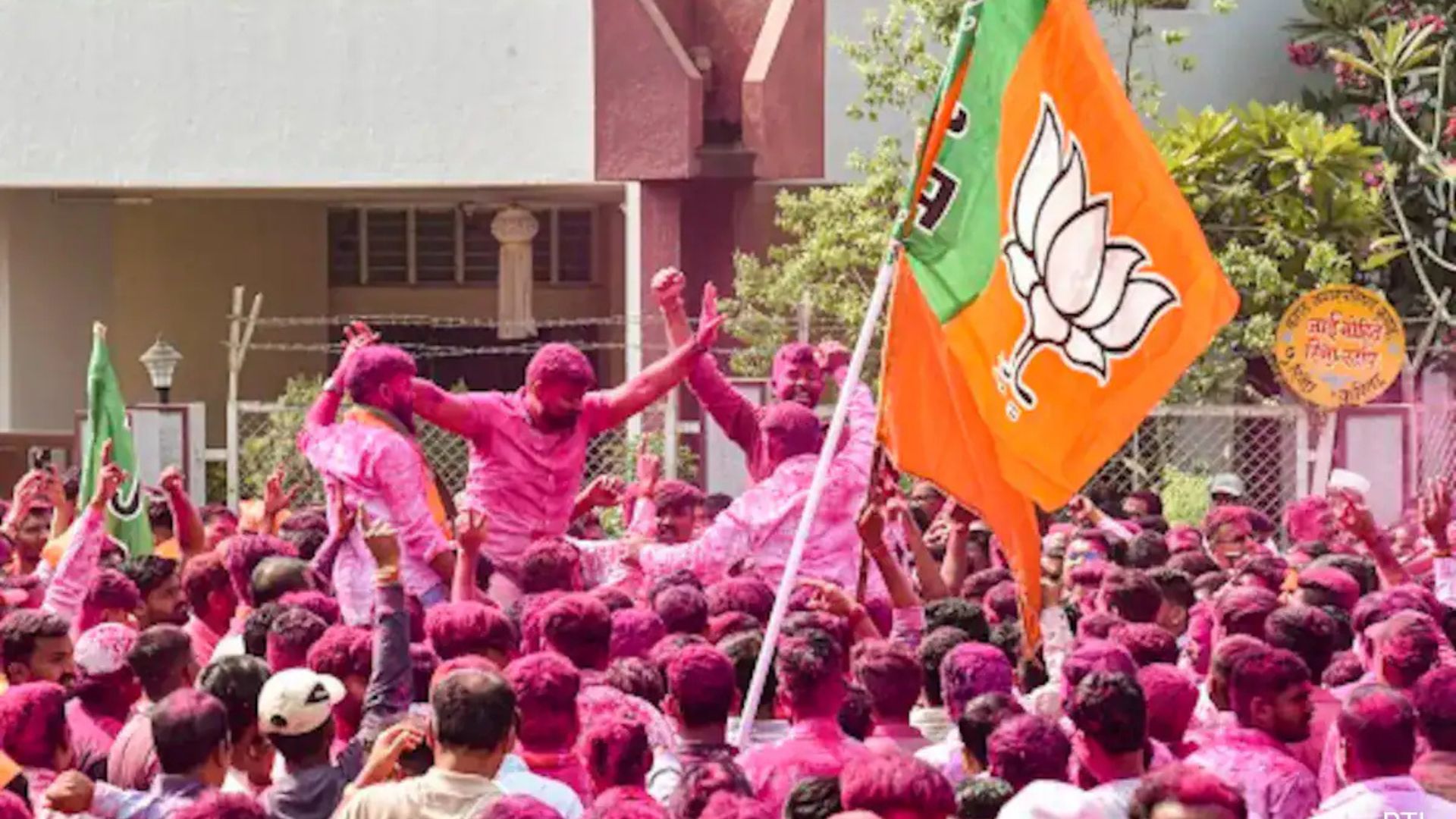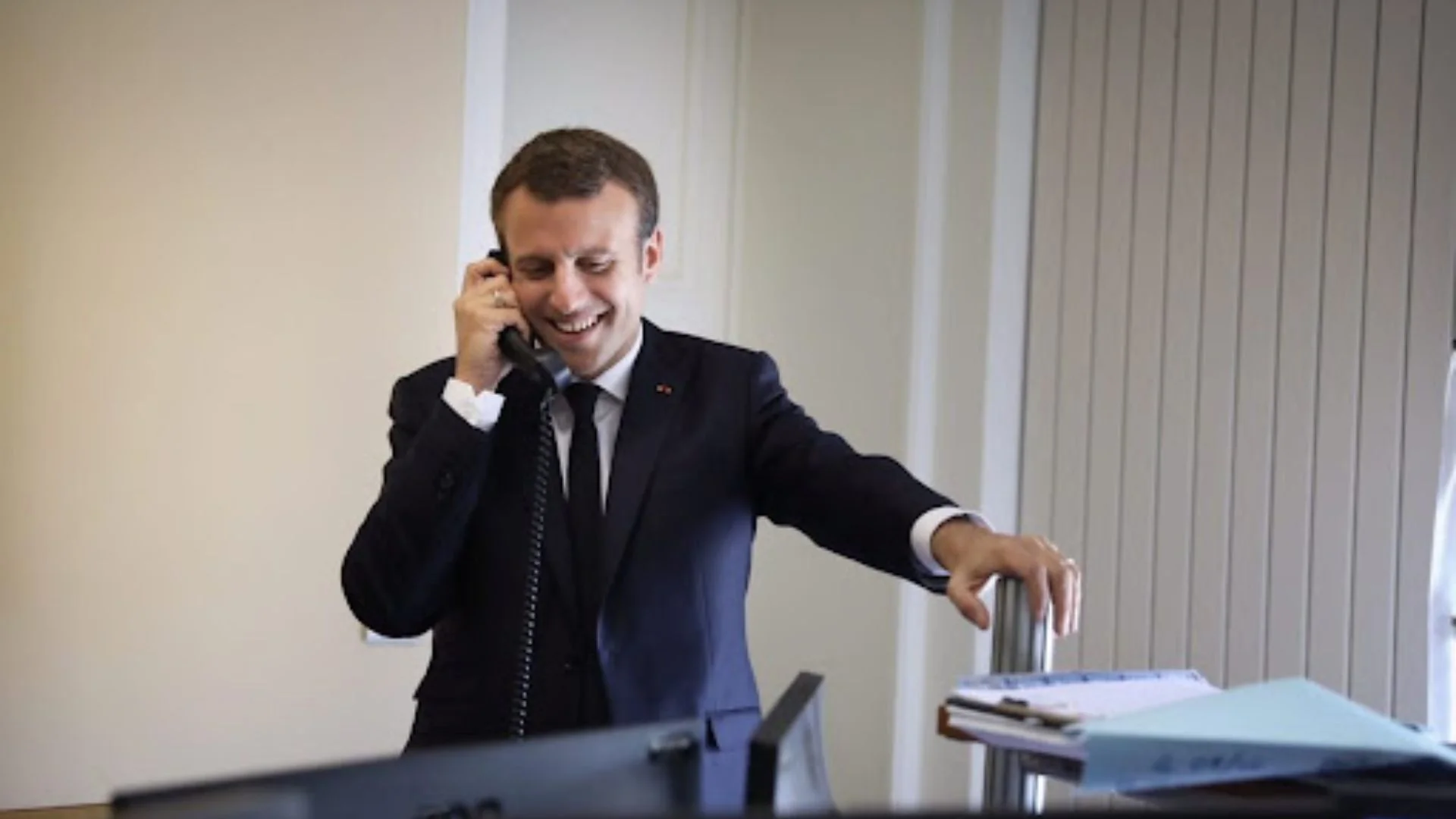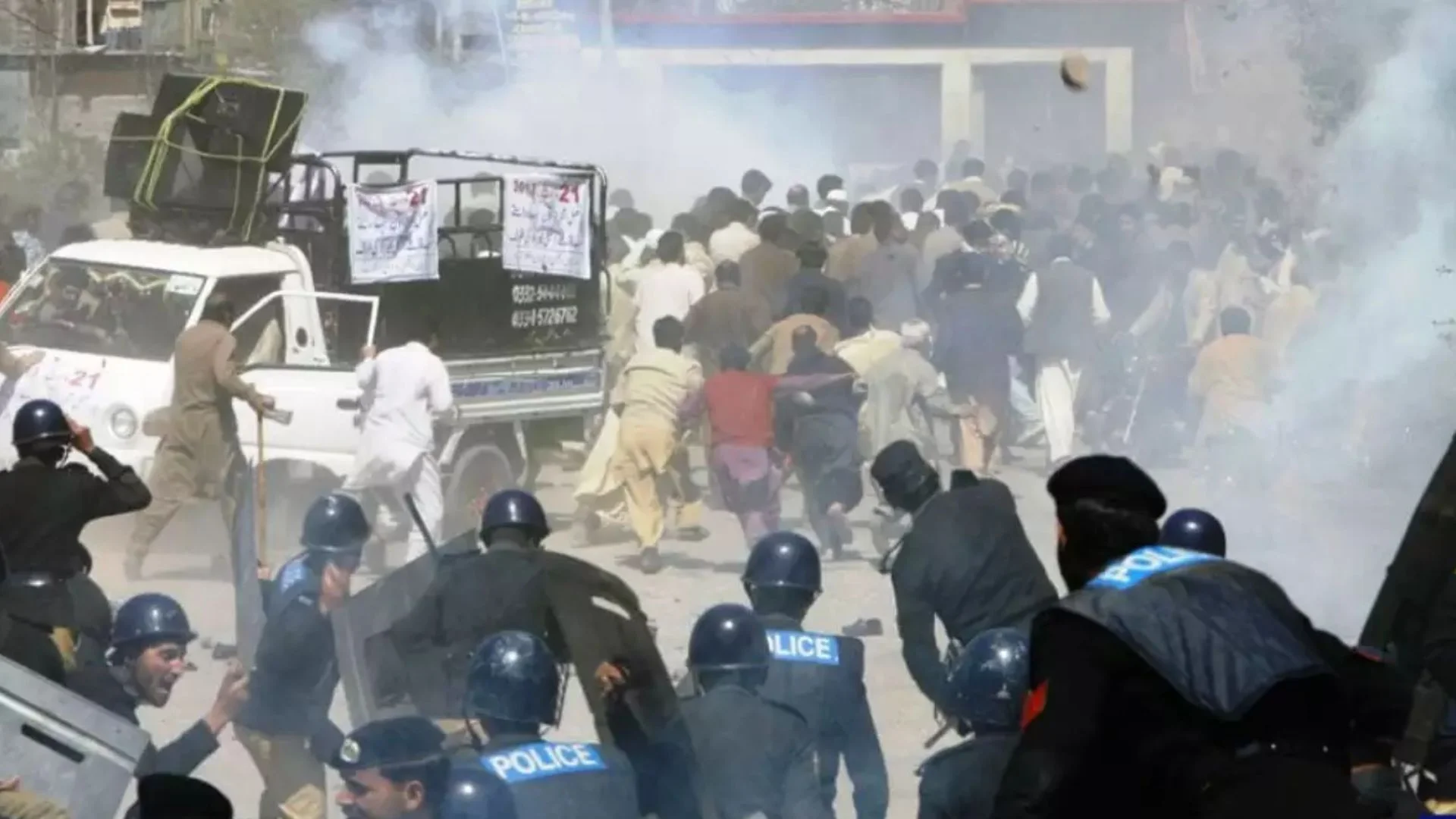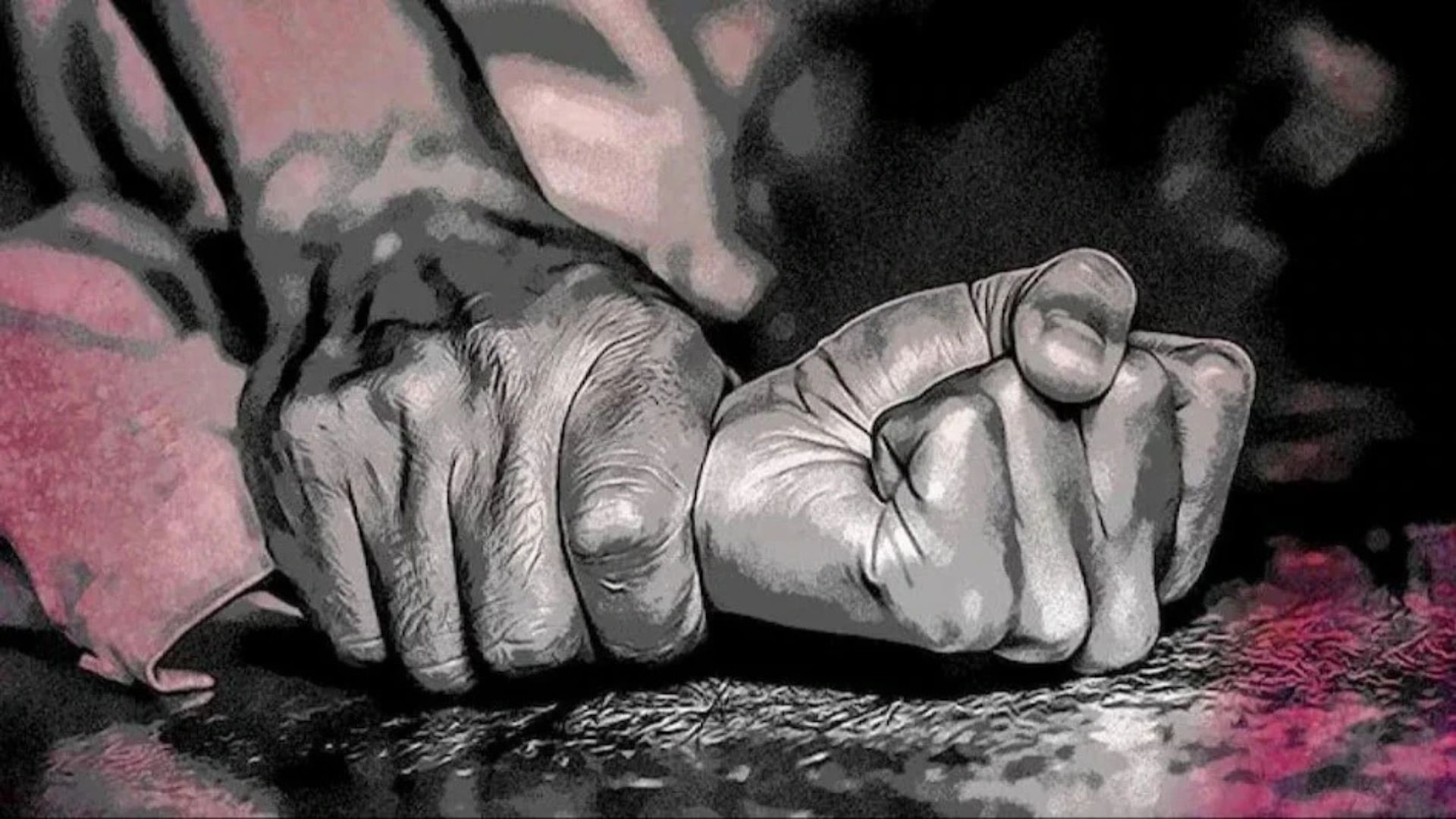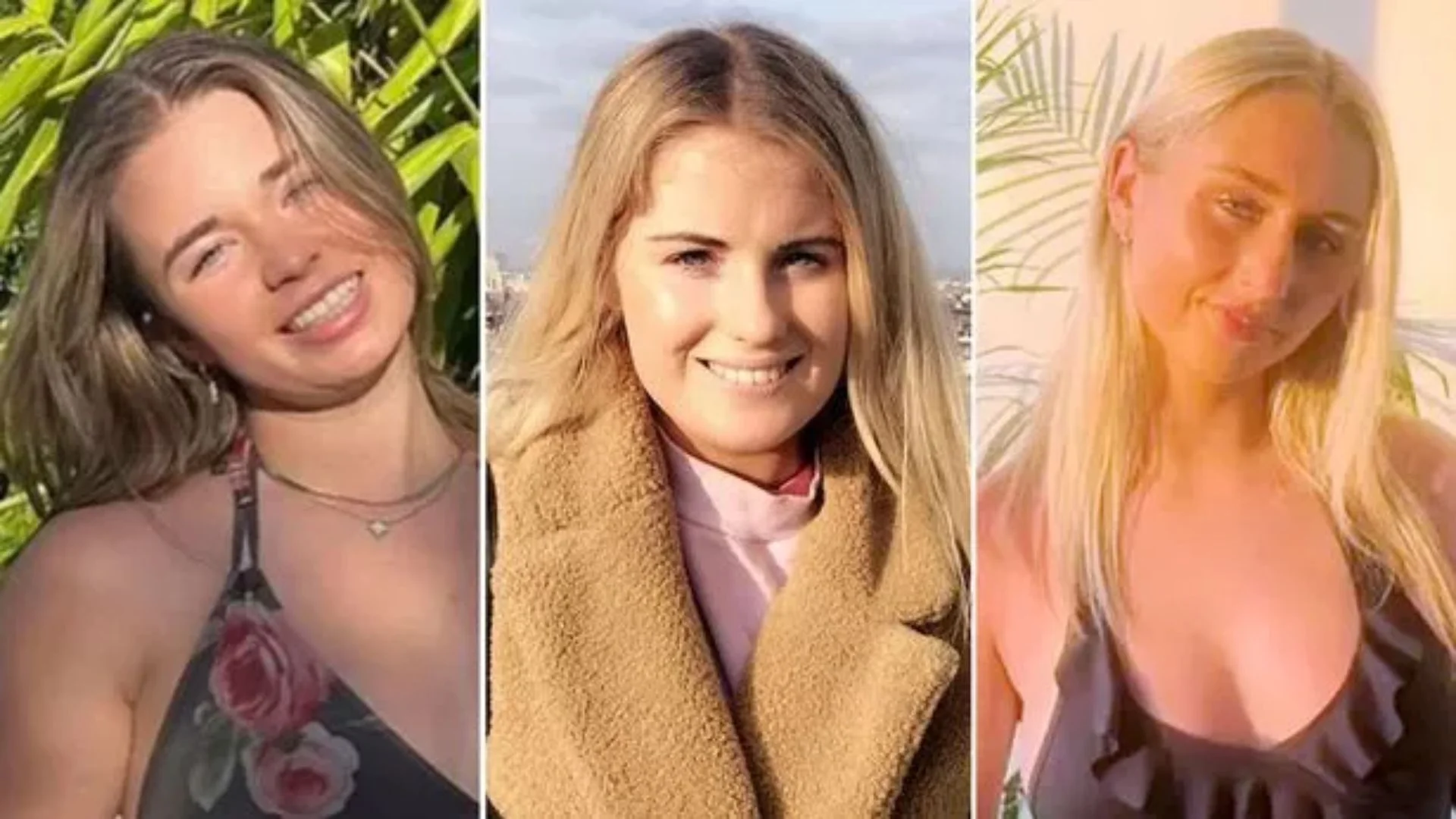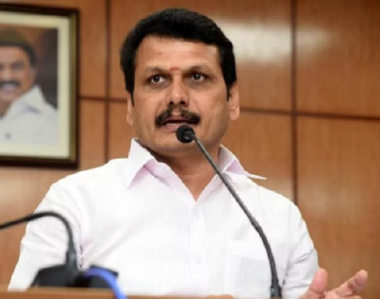
Tamil Nadu Minister V Senthil Balaji approached the Supreme Court against Madras High Court Order. He had filed a special leave petition on July 17 in late working hours.
On July 14, the third judge of the Madras High Court ruled in favour of the ED, stating that the central agency has the right to seek police custody of an accused in a money laundering case.
The matter was referred to the third judge, Justice CV Karthikeyan, after a disagreement within the division bench of Justices Nisha Banu and Bharatha Chakravarthy. In a habeas corpus petition filed by Balaji’s wife, Megala, Justice Banu held that the Enforcement Directorate is not authorised to seek police custody under the Prevention of Money Laundering Act. In contrast, Justice Bharatha Chakravarthy concluded that the Habeas Corpus Petition is not maintainable, and the ED was entitled to police custody of the accused.
Justice Karthikeyan supported Justice Chakravarthy’s stance by stating, “The fact that respondents (ED) can take custody for further investigation cannot be denied. The ED, in this case, had a right to get custody. I would align my opinion with the reason given by Justice Bharatha Chakravarthy in this aspect.” Justice Karthikeyan also agreed with Justice Chakravarthy that the habeas corpus petition in this case was not maintainable since there was no illegality in Balaji’s arrest.
Balaji, who serves as the Minister of Electricity, Prohibition, and Excise, was arrested by the ED on June 15 in connection with a cash-for-jobs scam related to his time as Transport Minister during the 2011-16 AIADMK government. The arrest followed a Supreme Court order in May that set aside the Madras High Court’s direction to stay the proceedings in the money laundering case against him.
On the day of his arrest, his wife filed a habeas corpus petition before the High Court, arguing that the arrest and detention were illegal. The High Court denied him interim bail but allowed him to be transferred to a private hospital named Cauvery Hospital after he complained of chest pain. He underwent heart surgery while in judicial custody at the hospital. Although the ED appealed to the Supreme Court against the Madras High Court’s decision to entertain the habeas corpus petition, the Top Court refused to interfere and decided to await the High Court’s final decision.

